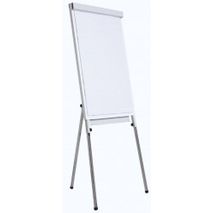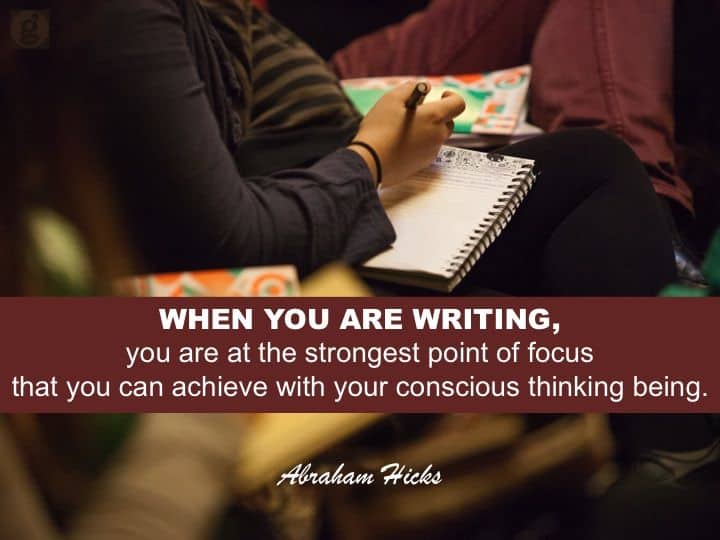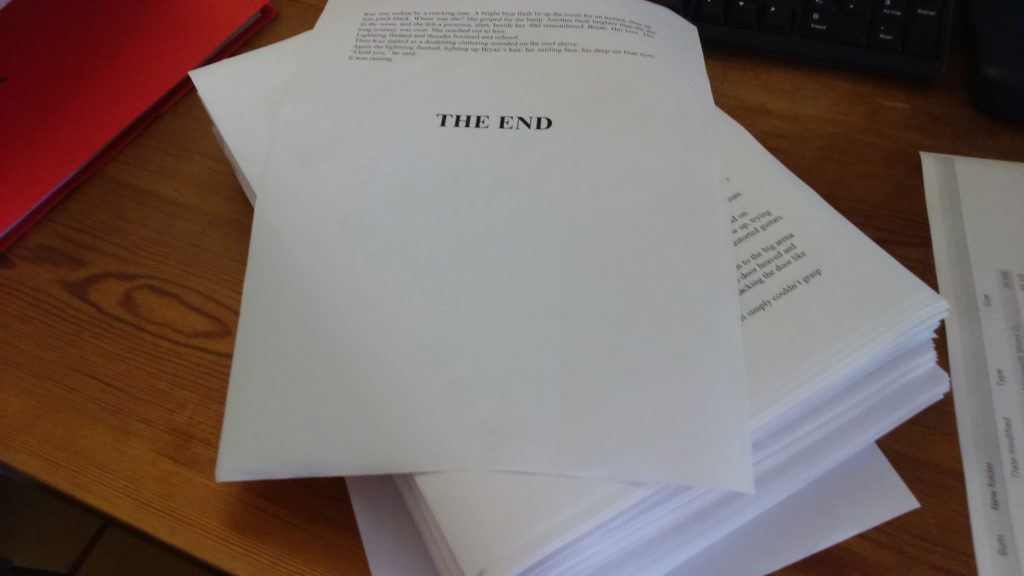
I needed a flipchart (back in the dark days before I had a smartphone). And I could not for the life of me remember how to say it in Spanish or Catalan. Actually, I don’t think I ever knew. The dictionary turned up ‘rotafolio’ which I’d never heard before, and nor had the people in the local office supplies shop. So it was periphrasis and arm waving: you know what I mean, that thingie they use at presentations and lectures. No, not a whiteboard; a very very big notepad on an easel (which I might add weighs a ton and is extremely dangerous – I tripped over it a hundred times at our last workshop) and you turn the pages, like this.
Vaya, un flipchart.
Nowadays, I suppose I could just do an image search on my phone, which would be effective but really boring, because the word itself is so interesting.
Unlike the visual reference of the bar chart (gráfico de barras) or pie chart (gráfico circular – also known endearingly as un quesito, i.e. a circular pack of processed cheese wedges as in The Laughing Cow), the word flipchart tells us what you do with it – how it works.
It’s so fascinating how English makes these compounds: just stick the two words together and we instinctively deduce the semantic relationship between them (a YX is an X that you Y). Push button. Touchpad. Pushchair. Flip switch. Slamgate. Scratch card. Flash card. Slide rule. Dipstick. Drawstring.
What others can you think of?




10 Responses
Pushpin, stair-climber – this will be a fun activity tonight. Thank you for the challenge!
What I love about this series, Valerie, is how you are making me think about language. I haven’t really thought about words in the way you are pushing me to think about them before. Keep it up!
As for examples? I can think of sidecar (on a motorcycle, not the cocktail), turnkey, and buttonholer.
I am enjoying the challenges you pose. Something I’ve never thought of before and now I find myself with all kinds of words running through my head!
Hahaha! “Periphrasis and arm-waving.” Two of my favorite teaching tools! LOL! I do this all the time–look at words and consider their formation. It is good to be a language lover, a word lover.
Un flip chart? Seriously?
I’m finding the older I get, the more ENGLISH words escape me. Telling my fifth graders about a person, you know, the guy who would represent a criminal in court, he has a law office…what’a the other word for attorney? ”
“A lawyer?” they offer.
“Yes!”
I loved teaching compound words, but some seem a little odd…hamburger isn’t made of ham, for example.
This was fun, Valerie!
What a fun read! In France, I once spent half an hour trying to communicate that I wanted orange juice, only to learn that it’s jus d’orange.
We do the same in my native language, Afrikaans. Unfortunately, we have the nasty tendency of Afrikaansing English words directly. Some of them horrify me. Flipchart in Afrikaans? I have no idea. And neither does Google! Probably turn out to be one of those horrifying direct translations anyway. Ah, the evolution of language…
Would love to see some of the Afrikaans words, Linzé.
I’m really enjoying this, Valerie. I wonder if it takes living in a different culture, with a different language to make us appreciate the complexity and nuance of our own mother tongue, whatever that may be. I know I will not be quite so cavalier about English in the future. Thank you so much!
Definitely, Carryl. I spent most of my youth learning languages but never really stopped to explore English until I had to teach it.